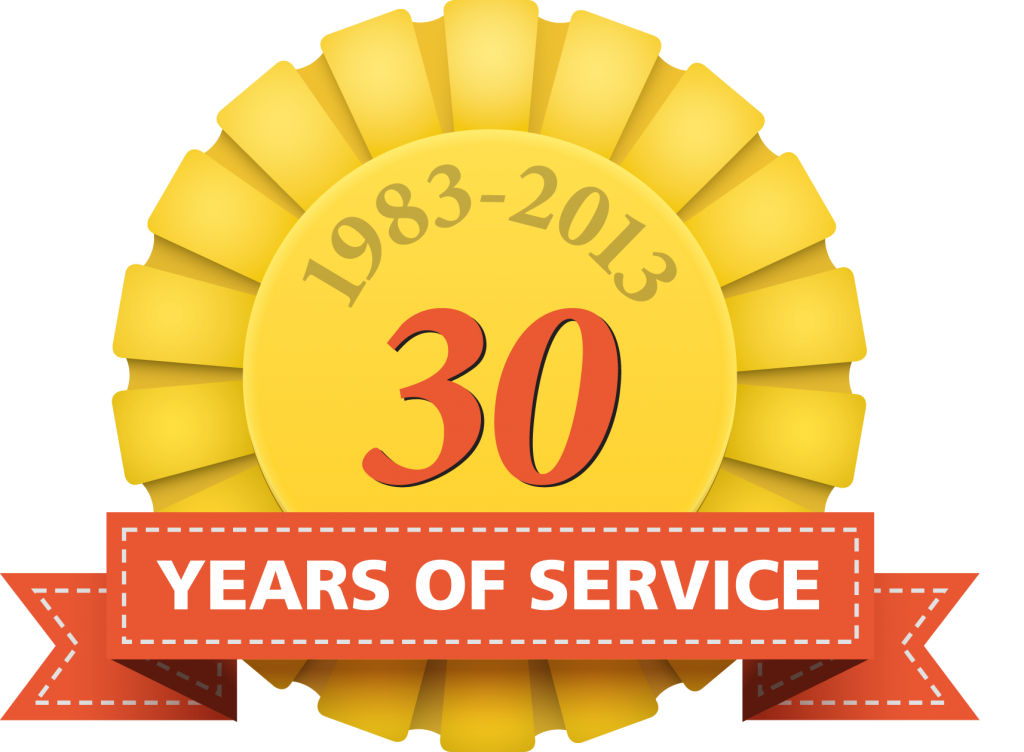Safety Engineer from New Jersey
Safety experts are qualified by training, education and experience to opine on questions of responsibility for safety and injury prevention. They apply the principles and practices of injury prevention, the principles and practices of hazard identification, evaluation and control, the principles and practices of product safety management, and they are trained to perform injury causation analysis and to understand the responsibility for safety as established by industry and governmental safety authorities.
Engineering experts are qualified to opine on questions of feasibility of a particular design and whether or not a particular product complies with industry or governmental standards. However, they often opine relative to questions of injury causation and responsibility regarding product safety. But most engineering experts have little or no training, education and experience in applying the principles and practices of injury prevention, nor the principles and practices of product safety management. Quite frequently, they do not even know what they are. The engineering expert sometimes is vulnerable to questions along these lines:
• Are you a member of the National Safety Council, American Society of Safety Engineers, National Safety Management Society, System Safety Society, or any other safety society?
• Do you subscribe to any industrial safety journals?
• Have you ever attended any industrial safety conferences?
• Have you ever published in any safety journals?
• Have you ever taught any course directly devoted to safety?
• Have you ever attended any course in any college or university that was devoted exclusively to safety, safe design or safety management?
• Are You familiar with the principles and practices of injury prevention established by safety authorities?
• Do you know who the safety authorities are which, have established principles and practices of injury prevention?
• Do you know any authority that has established principles and practices of product safety management?
Engineers look at injury causation in a mechanistic way. Safety professionals look at injury causation in a systematic way. Safety professionals see the defect as a symptom, not a cause. Engineering experts see the defect as a cause. In order to get to toot cause of an injury, the safety professional asks questions to determine why the symptom or defect existed in the first place. The safety professional asks:
• Did the defendant have established a written product safety Management program?
• Did the defendant provide written guidelines to the engineer to follow when considering the different factors related to safe design of that product?
• Does the defendant have an injury information collection system so that they can learn of the ways that people are being injured when using their products?
• Has the defendant performed any hazard analysis or risk assessment to identify dangers associated with the use of this product?
• Are any of those analyses documented?
• Are reports retained?
• Does the defendant have a written. record retention policy?
• Does the defendant have a written recall program?
• Does the defendant perform annual audits of their product safety program?
Sometimes engineering experts are vulnerable to questions such as:
• Do you understand your role to be one of clarifying and simplifying for the jury responsibility for the occurrence of this injury?
• When you formed your opinion in this case, did you do so after an evaluation based on the principles and practices of injury prevention
• How many times have you formed opinions with regard to causation for injury associated with products?
• Do you know what the leading safety authorities say is the responsibility of a product manufacturer relative to the principles of safety management
• How often have you offered opinions about responsibility for injury without basing that opinion upon the principles and practices of
There is an accepted methodology of evaluation for injuries associated with products. Experts who do not understand and apply the principles and practices of injury prevention established by industry and governmental authorities, that is., those who don’t even understand what the “standard of care’ is, should not be permitted to opine relative to responsibility for injury prevention and causation.
Technical Network Consulting Service produces expert witnesses for attorneys and insurance companies coast to coast as well as internationally. Working with our extensive database, we are “Your Link to America’s Most Qualified Experts”. Our trained staff specializes in finding qualified scientific, technical and engineering witnesses in your geographical area. A detailed telephone consultation explores all aspects of your case. This simplifies the job of finding the right expert.

